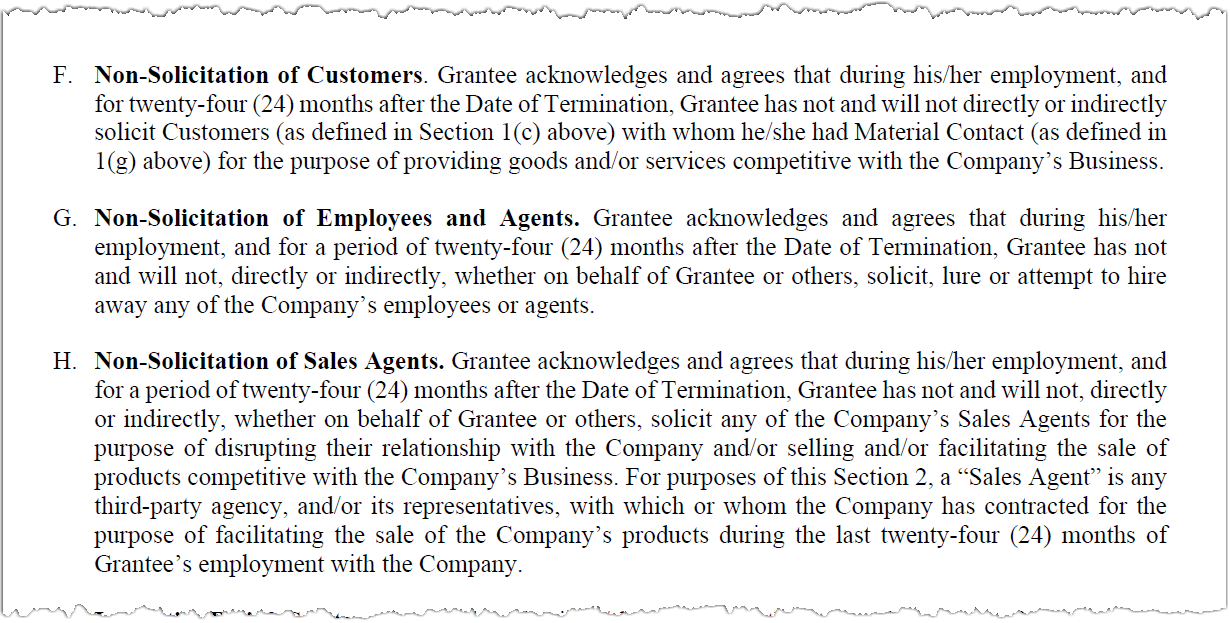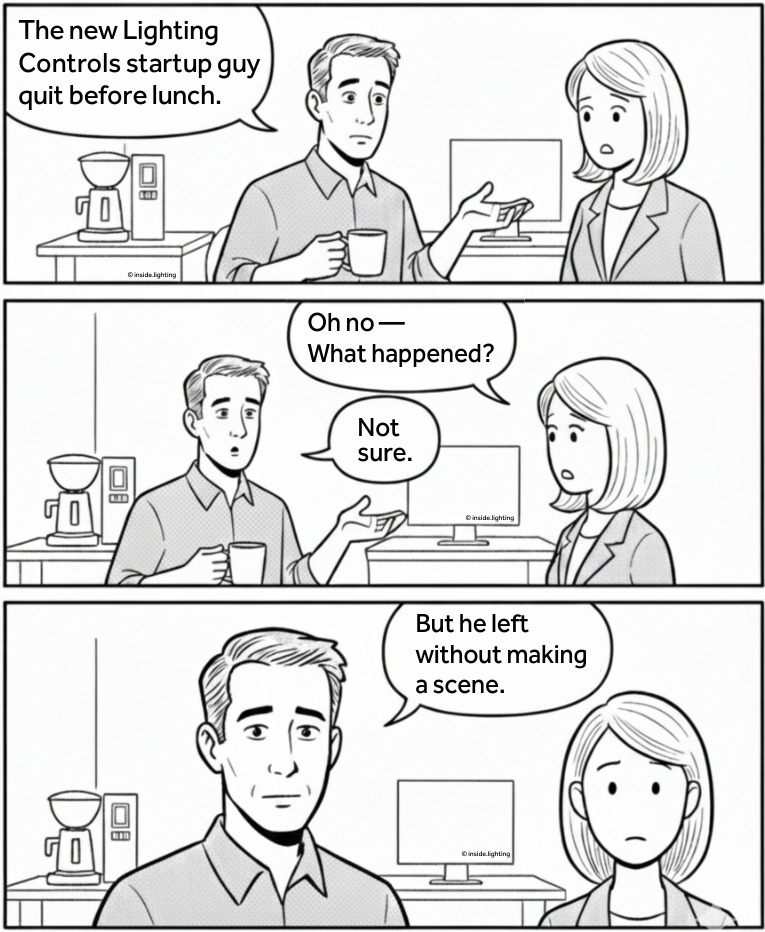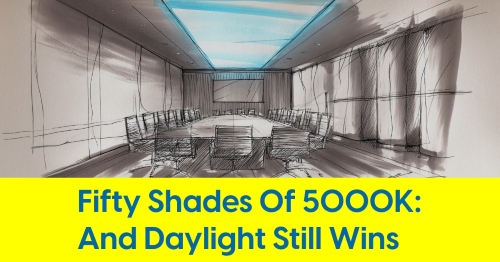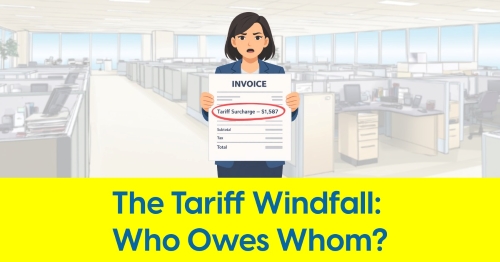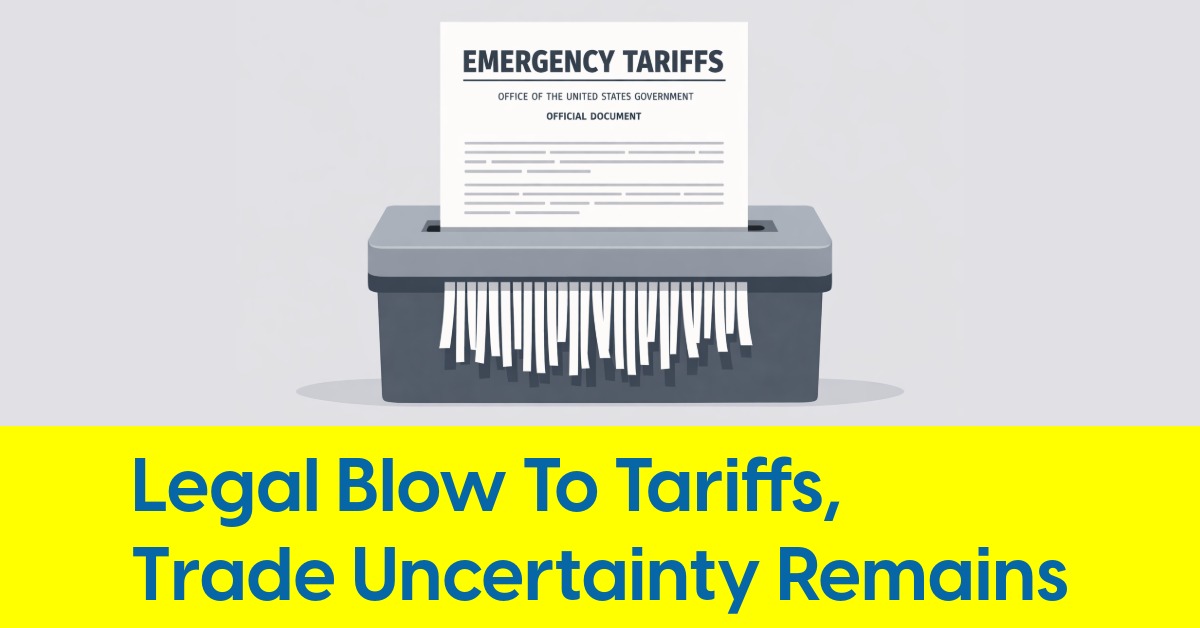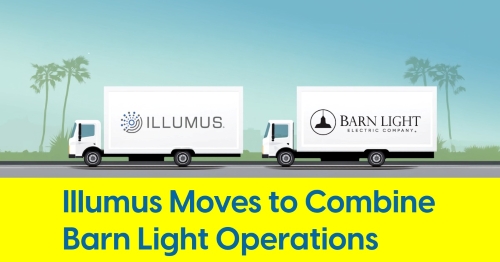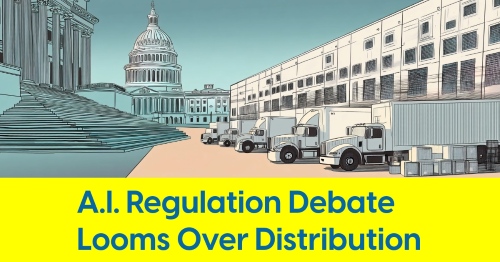January 6, 2023
FTC Proposes Rule to Limit Non-Competition Agreements
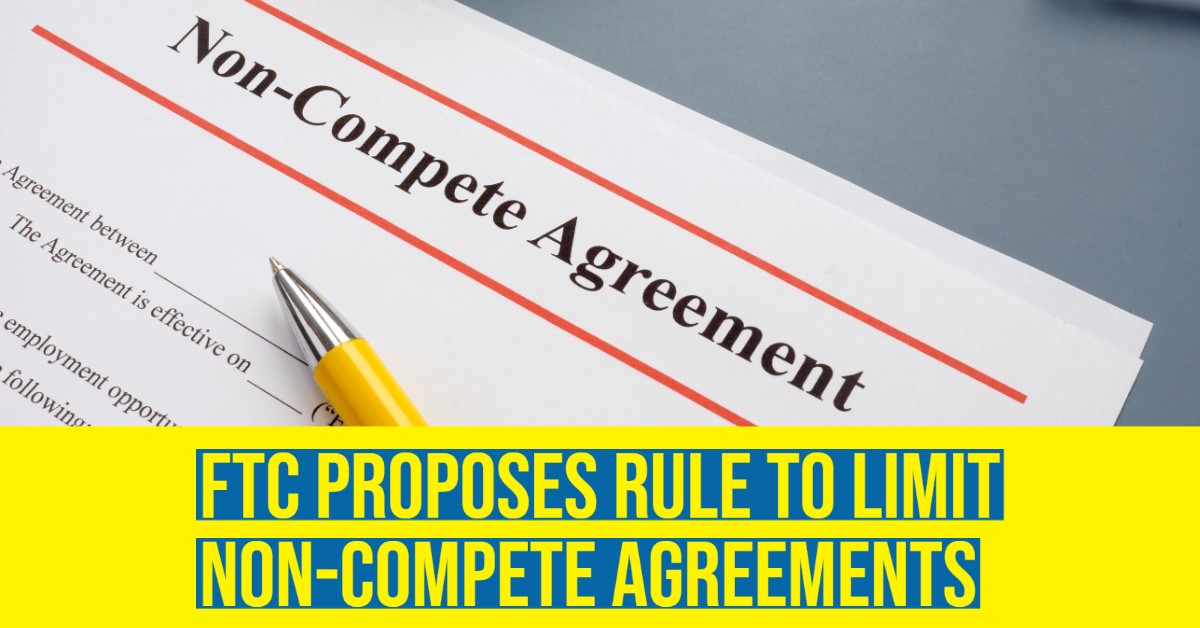
But what about non-solicitation clauses? Can employers limit sales professionals’ job options?
As we speculated in the 2021 article, Hiring Your Lighting Competitor May Soon Become Easier, The Federal Trade Commission has proposed a new rule that would ban employers from imposing noncompetition agreements on their workers.
The FTC’s proposed rule would generally prohibit employers from using non-competition clauses. Specifically, the FTC’s new rule would make it illegal for an employer to:
-
Enter into or attempt to enter into a noncompete agreement with a worker;
-
Maintain a noncompete with a worker; or
-
Represent to a worker, under certain circumstances, that the worker is subject to a noncompete.
The proposed rule would apply to independent contractors and anyone who works for an employer, whether paid or unpaid. It would also require employers to rescind existing non-competes and actively inform workers that they are no longer in effect.
Restricting competitors by company name
A publicly available non-competition agreement (below) issued by Cooper Lighting to an engineering manager in 2012, details one method of limiting competition – cite specific competitors by name. If the proposed FTC ban moves forward and is enacted as law, such restrictions would no longer be enforceable.
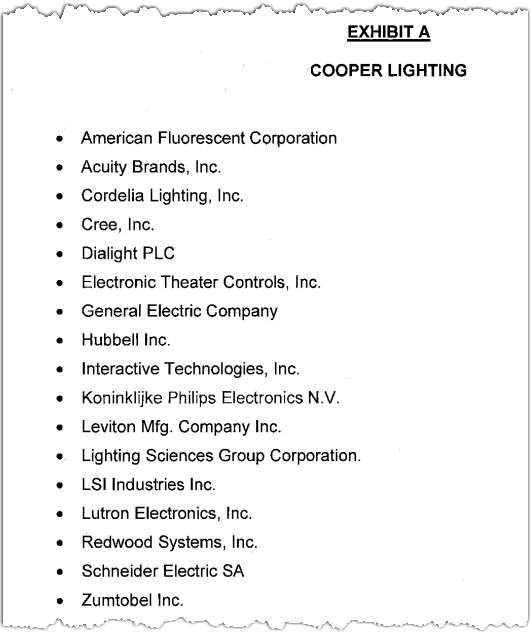
Generally restricting "competing businesses"
The non-competition clause issued years ago to an Ecosense sales management professional doesn't cite companies by name, but broadly restricts the employee from having any affiliation with any business that competes with Ecosense for a restricted period of one year after employment. These types of clauses would also be banned if the FTC proposed rule becomes law.
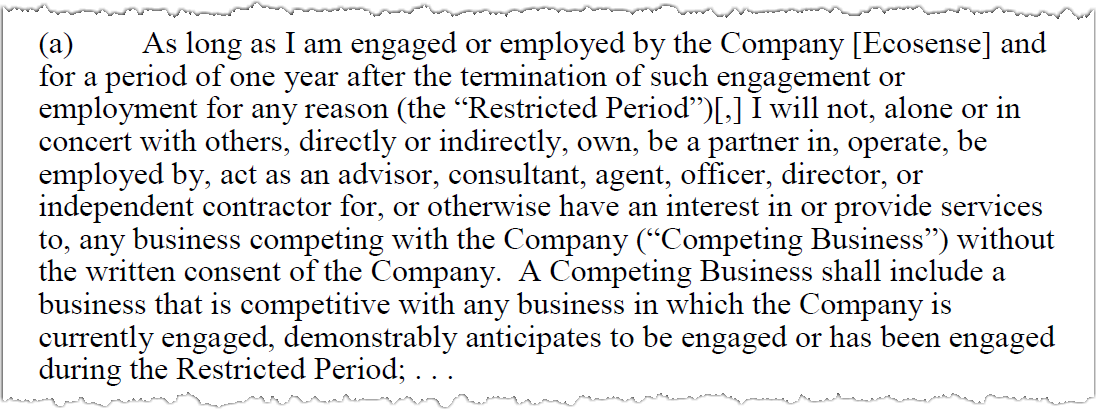
Would Non-Solicitation Agreements be included in the FTC ban?
In late 2021, Acuity Brands filed a lawsuit against an ex-employee who left the company to work for a New Jersey lighting agent that represented competing lines. In the lawsuit, which is still being litigated, Acuity Brands provided examples of alleged instances when the ex-employee was interacting with customers he formerly dealt with on behalf of Acuity Brands – causing them to accuse the ex-employee of violating the non-solicitation clause of a Stock Incentive Compensation Plan that he signed in 2020.
Another popular lighting news website summarized the matter by stating “a critical issue will be whether the court believes an Agent is truly a competitor of a Manufacturer.” We were confused by that summary as no language in the lawsuit even hints at that being a matter of contention. Instead, one of the main issues detailed in the case is if the ex-employee violated the clauses relating to “Non-Solicitation of Customers.” See below for the specific language.
A Non-Solicitation Agreement will seemingly be okay, if it's not unusually broad in scope
The proposed rule relating to non-compete clauses would generally not include other types of restrictive employment covenants — such as non-disclosure agreements (“NDAs”) and client or customer non-solicitation agreements — because these covenants generally do not prevent a worker from seeking or accepting employment with a person or operating a business after the conclusion of the worker’s employment with the employer.
Under the proposed definition of “non-compete clause,” non-solicitation covenants would be considered non-compete clauses if they are so unusually broad in scope that they function as such. These clauses help protect businesses in many industries (finance, consulting, tech, etc.) from losses when employees join a competitor and want to take their portfolio of customers with them.
The proposed FTC rule would not apply to a non-compete clause that is entered into by a person who is selling a business or otherwise disposing of the person’s ownership interest in the business entity.
The Notice of Proposed Rulemaking invites the public to submit comments on the proposed rule. The FTC will review the comments and may make changes, in a final rule, based on the comments and on the FTC’s further analysis of this issue. Comments will be due 60 days after the Federal Register publishes the proposed rule. The public comment period will be open soon.
